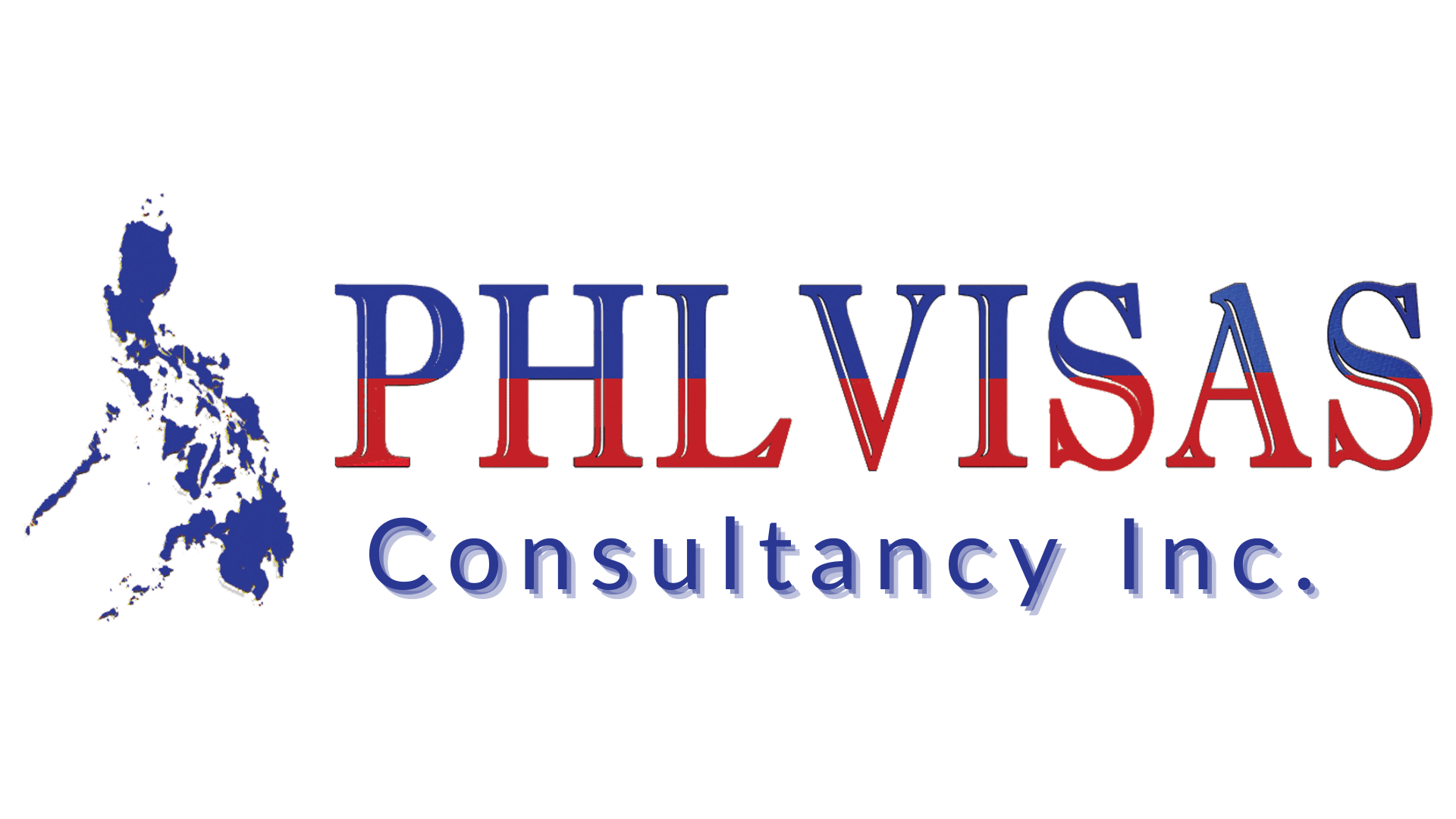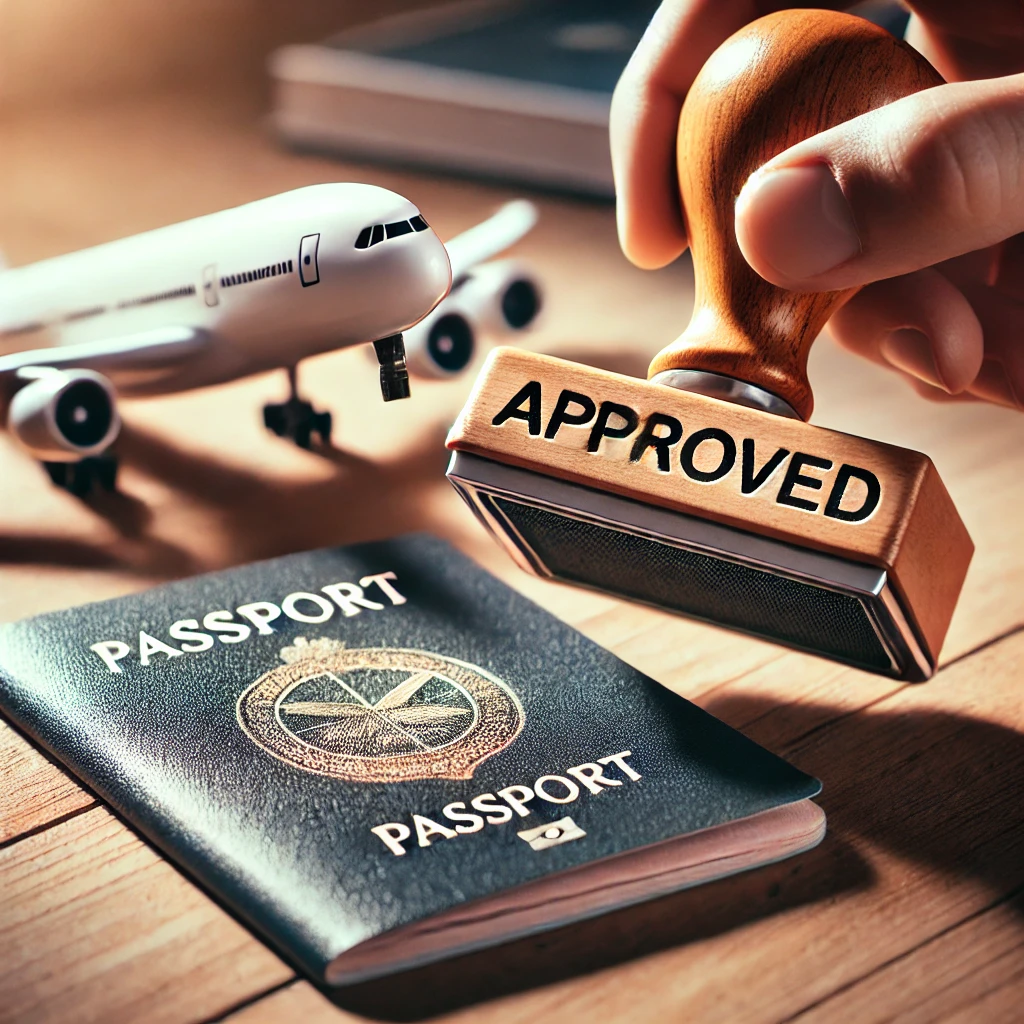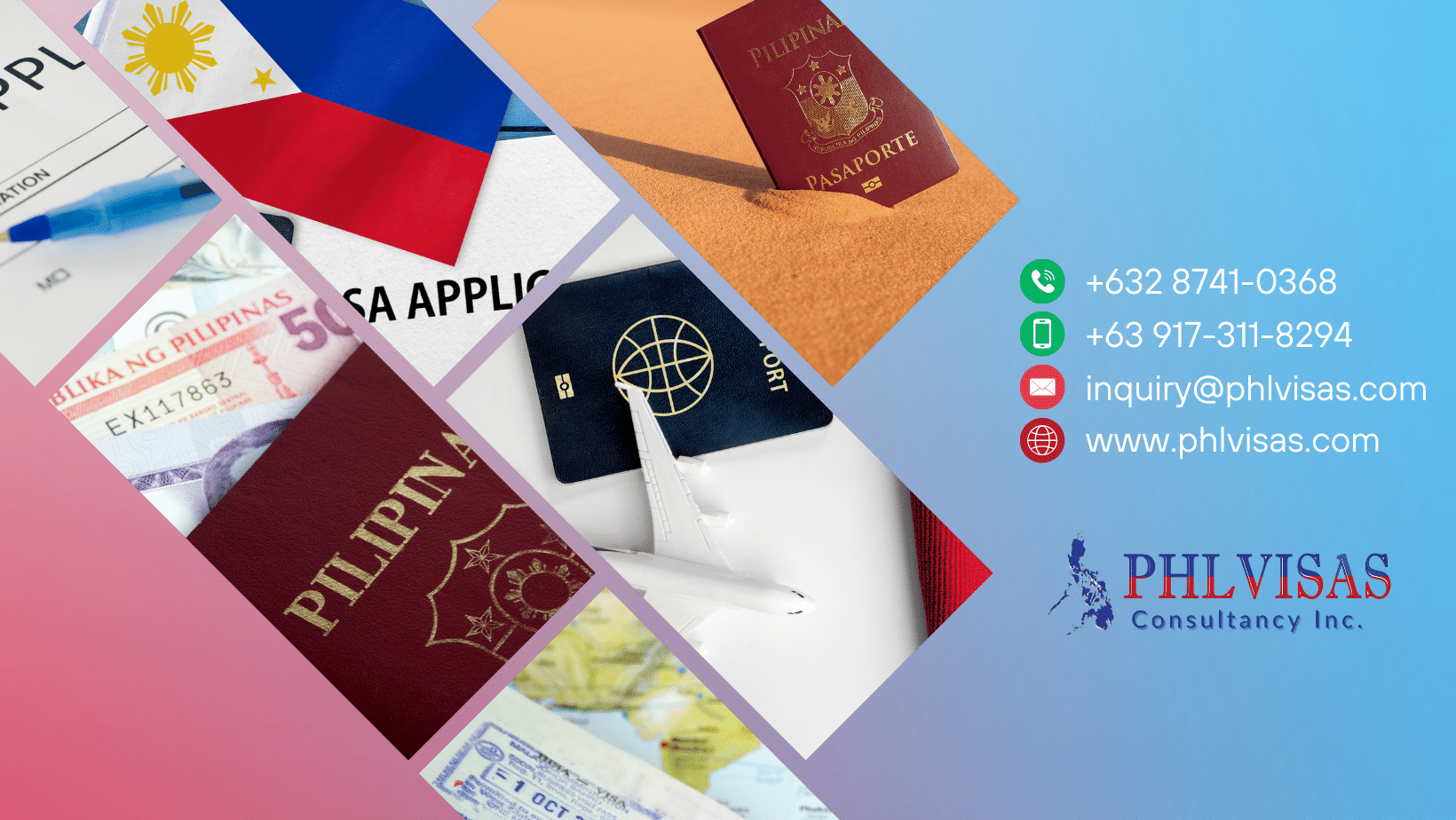Latest News
Embassy and Immigration Updates
-

Gratis 30-Day e-Tourist Visa for Philippine Citizens
Philippine citizens can now apply for a no-fee 30-day e-Tourist Visa to India, following an announcement from the Embassy of India in Manila. This special arrangement will be in effect from August 1, 2025 to July 31, 2026. The visa will allow two entries within the 30-day validity period, starting from the date of the…
-

Philippines makes it to the list of countries with high Schengen Visa Approval Rates in Spain















